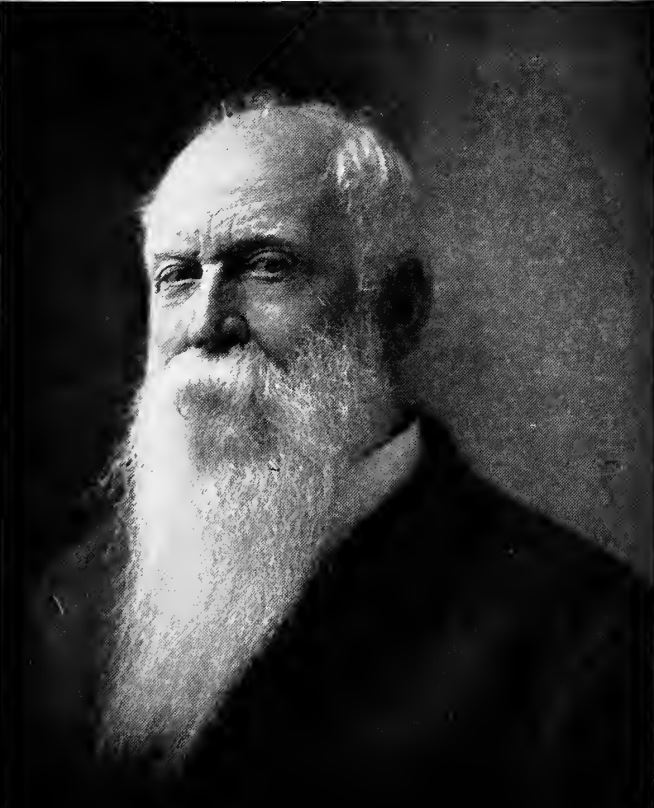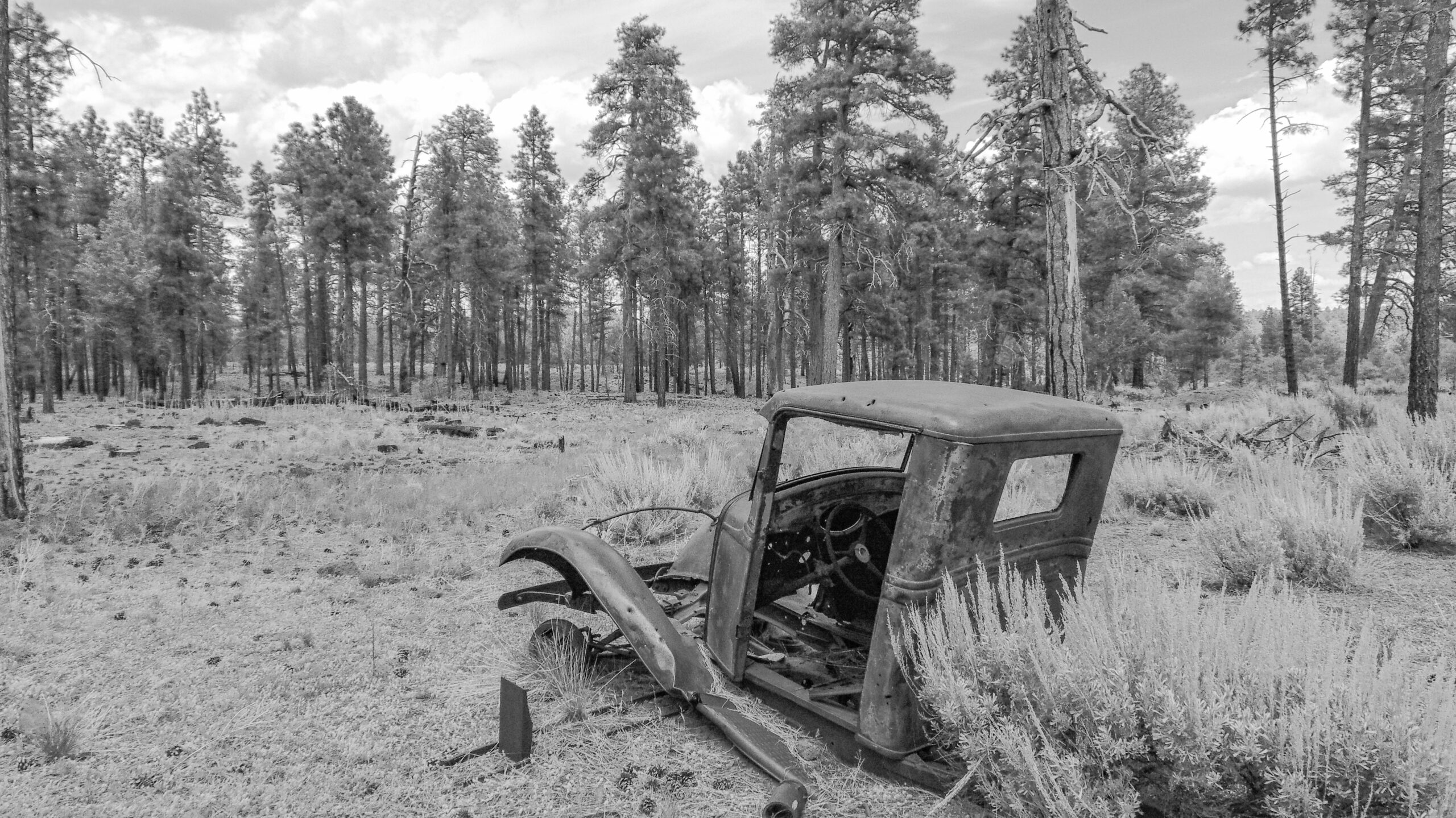RS 2477 Right-of-way History

The first right-of-way laws were enacted by the Continental Congress in 1777, addressing railroads and navigable rivers shortly after King George III issued the Proclamation Line. In 1785, the Land Ordinance established the Public Land Survey System and a mechanism for disposing of newly acquired western lands. However, it wasn’t until the Reconstruction Era that Revised Statute 2477 (RS 2477) became law.
The Mining Act was one of several laws promoting western expansion, aimed at supporting poor colonists, immigrants, and newly freed slaves. The Mining Act of 1866 also addressed multiple challenges during the Reconstruction Era. Before its enactment, wagon roads, mail roads, and railroads were granted through individual acts of Congress. With the rapid westward expansion, the federal government struggled to meet the administrative and financial demands for access routes. The Mining Act resolved disputes arising from the Land Ordinance of 1785, which left landowners contesting rights-of-way to access adjoining property lines. It also settled numerous conflicts with western miners regarding haulage tunnels, mining claims, and canal construction, even accommodating an amendment to benefit the Comstock mining region.
The Mining Act of 1866 was authored by Senator William Morris Stewart of Nevada. A mining legend and fearless advocate, Stewart served as acting Attorney General of California before representing Nevada in the U.S. Congress for 29 years. He spent much of his career litigating mining disputes and developing mining laws as acting Attorney General of California. During the Reconstruction Era, he played a pivotal role as the author of the 15th Amendment to the U.S. Constitution, which granted newly freed slaves the right to vote.

